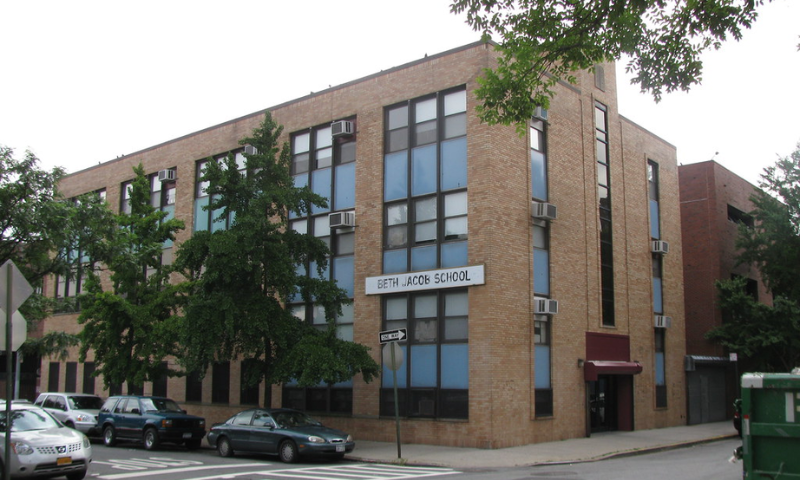Jay Greene and Jason Bedrick
The Daily Signal, Sept. 9, 2022
“Given rising rates of depression, aimlessness, drug abuse, self-mutilation, and suicide among young people in modern society, it’s easy to understand why so many Americans hew much closer to the yeshiva view of education than that of the ruling elites.”
The New York Times is once again preparing to release a hit piece on Orthodox Jewish schools, also known as “yeshivas.”
The attack comes just before a key state Board of Regents meeting, apparently timed to support a push to regulate the content of instruction in those schools so that it’s “substantially equivalent” to that found in public schools.
If past is prologue, the Times article will feature selected negative anecdotes and out-of-context distortions of outcome data for yeshiva students. Rebutting all of those slanders is a Sisyphean task, as new anecdotes and further distorted statistics can be generated to replace whatever is debunked.
In truth, the hostility toward yeshivas is not as much grounded in empirical facts as it is in a philosophical worldview. To the elite readers of The New York Times, the primary purpose of education is to convey economically useful skills and politically desired dispositions so that their children can maintain their status in the ruling class.
They hold that view without reflection or even awareness that others might think that education should serve different, legitimate purposes.
The hostility directed at yeshivas is generated by the fact that those schools so Clearly reject the elites’ view and are designed around a very different purpose of education. While the content and method of instruction provided by yeshivas differ dramatically from that found in most schools, their purposes much more closely resemble those shared by most Americans, even if they differ from those held by the elites.
Rather than focusing on the skills that are required to gain status and power, the yeshivas and schools favored by most Americans are focused on developing the character of children so that they grow up to be decent human beings.
That includes loving their family, caring for their neighbor, dealing honestly with the stranger, and obeying the law. It also includes understanding that they have meaning in a world that was created with a purpose. Those are the building blocks of strong communities and a well-functioning society. … SOURCE


